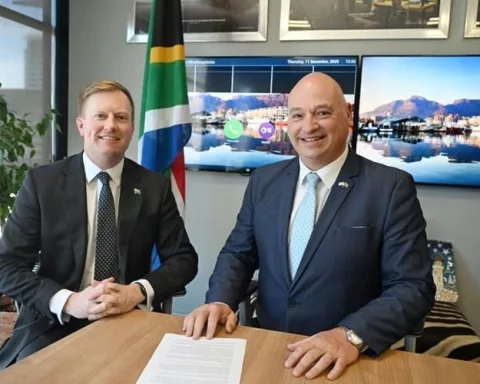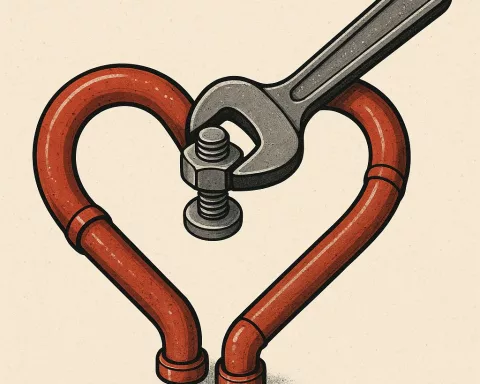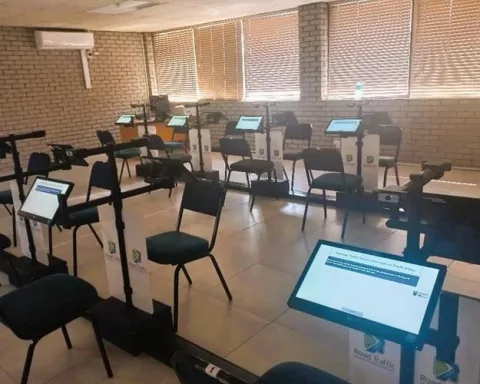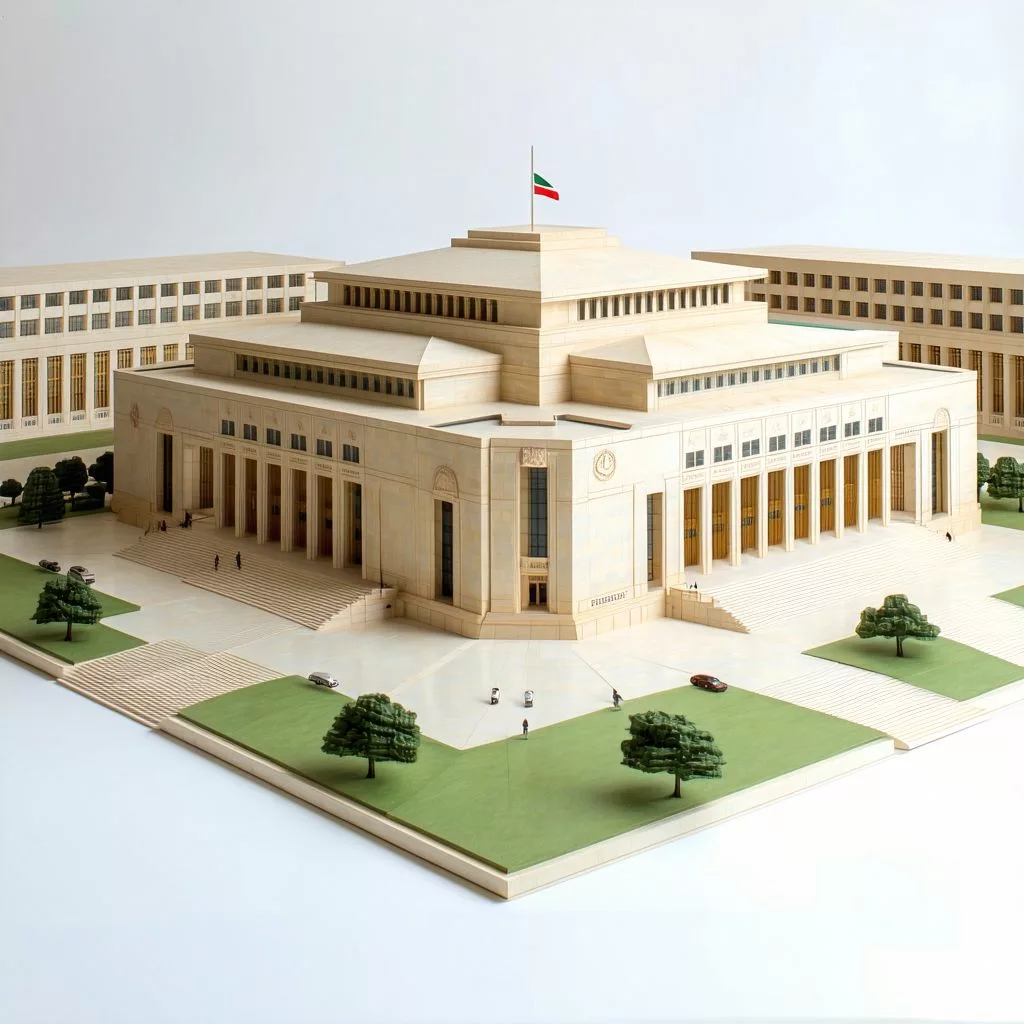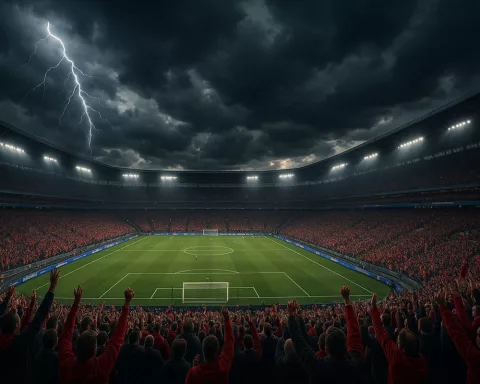Every year on November 11, Cape Town comes together to honor the brave soldiers who fought for freedom during the World Wars. This Remembrance Day is filled with heartfelt ceremonies at special places like the cenotaph, where people gather to remember the sacrifices made by 250,000 South Africans in World War I and 330,000 in World War II. The mayor’s touching speech reminds everyone of the lives lost and the hope for peace in the future. The city also celebrates the Red Cross War Memorial Children’s Hospital, showing how the spirit of those soldiers lives on through healing and help for children. As bells ring out from City Hall, Cape Town vows to learn from its past and work towards a brighter, peaceful tomorrow.
What is the significance of Remembrance Day in Cape Town?
Remembrance Day in Cape Town is a solemn tribute held annually on November 11, honoring the sacrifices of South African soldiers in World Wars I and II. The day features ceremonies, speeches by leaders, and memorials like the cenotaph and the Red Cross War Memorial Children’s Hospital, emphasizing the themes of reflection, healing, and hope for peace.
A City United in Reflection
On November 11, 2024, Cape Town paused its usual hustle and bustle to commemorate Remembrance Day. This day of reflection and honor brought together citizens, military veterans, and distinguished guests to remember those who sacrificed their lives in the pursuit of freedom. At the heart of the city, on Adderley Street, the cenotaph stood as a gathering point for this solemn event. Cape Town’s mayor, Geordin Hill-Lewis, delivered a poignant speech at this symbolic monument, creating a space for mourning and celebrating the bravery of fallen soldiers.
The cenotaph, more than a mere architectural structure, embodies the collective memory of a nation that contributed significantly to the Allied Forces despite its geographical distance from the war front lines. Mayor Hill-Lewis paid tribute to the 250,000 South Africans who joined the war effort in World War I and the 330,000 who participated in World War II. His words painted a vivid picture of young lives cut short, dreams left unfulfilled, and futures abruptly halted.
Among those who attended the ceremony was Mr. Jacob Human, a living testament to the history being commemorated. As South Africa’s only known surviving World War II veteran from the Indian Malay Corps, Mr. Human’s presence underscored the connection between past and present. Celebrating his recent 100th birthday, he was honored by the gathering, serving as a reminder of the enduring legacy he and his comrades left behind.
Memorials of Healing and Hope
Cape Town’s historical landscape offers more than traditional war memorials. The Red Cross War Memorial Children’s Hospital in Rondebosch stands as a unique tribute to World War II soldiers, transforming the notion of a war memorial into one of healing and optimism. Created by South African soldiers, the hospital was funded by both affluent citizens and everyday contributions, representing a national act of remembrance with a forward-looking vision. Treating 250,000 children each year, the hospital’s ongoing mission echoes the sacrifices of those who fought, ensuring their legacy lives on in the lives saved and children healed.
The historical importance of Cape Town is further reflected in the City Hall‘s carillon of bells, a memorial to World War I soldiers. This rare instrument, featuring 39 tuned brass bells, serves as a melodic remembrance. Each bell carries inscriptions of battlefield names or donor acknowledgments, adding depth to its historical narrative. Efforts to restore these bells highlight the city’s dedication to preserving history as a living part of its identity. As the bells toll across the city, they provide a musical reminder of the past, both celebratory and cautionary.
The Remembrance Day ceremony extends beyond ritual; it becomes a tapestry woven with history, honor, and somber warnings. Mayor Hill-Lewis’s reflections remind us of the cyclical nature of human conflict, contrasting past sacrifices with current global unrest, from Ukraine’s war-torn landscapes to the fractured territories of Gaza. As we navigate these complexities, the mayor urges us to recall the promises made post-conflict: pledges of peace, unity, and understanding.
Lessons from the Past, Hopes for the Future
Though far removed from the immediate theaters of war, Cape Town understands the far-reaching impacts of global conflicts. Its memorials, both traditional and contemporary, remind citizens and the world of the past’s lessons. These structures act as beacons, urging us to learn from history and strive for a future defined by understanding and compassion, not by further memorials of loss.
Mayor Hill-Lewis’s address, while acknowledging the weight of history, carries an undercurrent of hope. As the city honors its past, it also commits to working towards a future marked by peace and reconciliation. This Remembrance Day, Cape Town not only commemorates its fallen but also renews its vow to ensure their sacrifices were not in vain.
As the ceremony drew to a close, the commitment to remember and honor Cape Town’s history resonated throughout the crowd. The day was not just about looking back, but also about envisioning a future where the sacrifices of the past inform the peace of tomorrow. This enduring message, a pledge to remember and learn, serves as a beacon for future generations, reminding them of the power of remembrance and the responsibility it carries.
FAQ: Honoring Heroes – Cape Town’s Remembrance Day Tribute
What is Remembrance Day and why is it important in Cape Town?
Remembrance Day, observed annually on November 11 in Cape Town, serves as a solemn tribute to honor the sacrifices of South African soldiers who fought in World Wars I and II. The day is significant as it fosters reflection on the past and emphasizes themes of healing, peace, and remembrance of the lives lost during these conflicts.
Where are the main ceremonies held during Remembrance Day in Cape Town?
The principal ceremonies take place at the cenotaph located on Adderley Street, a key gathering point for citizens, military veterans, and distinguished guests. The Red Cross War Memorial Children’s Hospital is also celebrated, highlighting the theme of healing and the legacy of soldiers who fought for freedom.
Who delivers the speeches during the Remembrance Day ceremonies?
Cape Town’s mayor, currently Geordin Hill-Lewis, delivers poignant speeches during the Remembrance Day ceremonies. His addresses often reflect on the sacrifices made by soldiers and emphasize the importance of learning from history to create a peaceful future.
How many South Africans served in the World Wars?
Approximately 250,000 South Africans served in World War I, and about 330,000 participated in World War II. These figures underscore the significant contribution of South African soldiers to the Allied Forces despite being geographically distant from the front lines.
What is the significance of the Red Cross War Memorial Children’s Hospital?
The Red Cross War Memorial Children’s Hospital in Rondebosch serves as a unique tribute to World War II soldiers by promoting healing and hope. Established by South African soldiers and funded through contributions from citizens, the hospital treats around 250,000 children annually, ensuring that the legacy of those who fought continues through acts of care.
How does Cape Town’s City Hall contribute to the Remembrance Day observance?
Cape Town’s City Hall features a carillon of 39 tuned brass bells, which serves as a memorial to World War I soldiers. Each bell has inscriptions related to the war, and their ringing during Remembrance Day ceremonies provides a melodic reminder of the past. The ongoing restoration of these bells reflects the city’s commitment to preserving its history and honoring the sacrifices of its soldiers.


